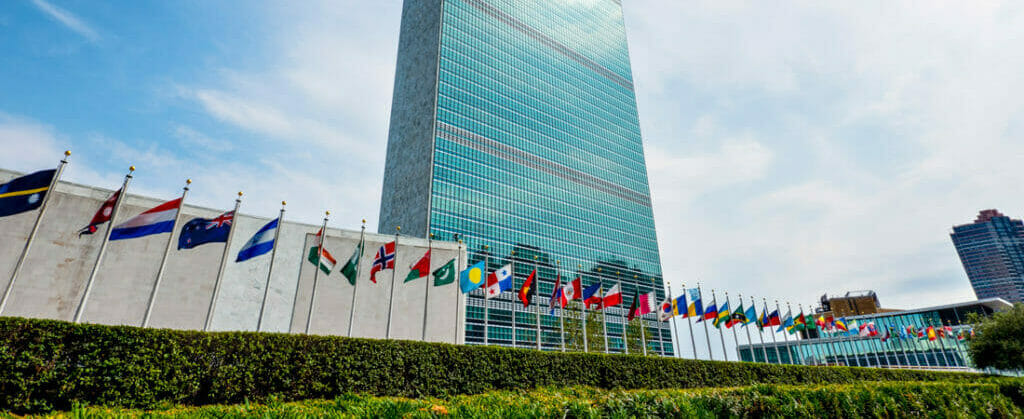Today’s young people—over 1.2 billion worldwide—make up the largest youth generation in history. They also face some of the toughest challenges of the 21st century: high unemployment, mental health struggles, climate change, political and economic instability, and social inequality. Many young people feel uncertain about their future, yet they are also leading movements for change in their communities and across the globe.
The Third Committee of the UN General Assembly (UNGA) deals with humanitarian, social, and human rights issues. One of its most important responsibilities is ensuring that Member States create policies and take actions that directly address the needs and challenges of youth.
The UN has developed several major initiatives to strengthen youth participation:
UN Security Council Resolution 2250 (2015): A landmark resolution recognizing the role of youth in peacebuilding and political participation. It called for young people to be included in decision-making at all levels.
Youth, Peace, and Security Agenda: Established by UNSC resolution 2250, this agenda focuses on empowering young people to contribute to peace and conflict resolution.
Inter-Agency Network on Youth Development: Formally established in 2010, the IANYD is a UN-wide effort to encourage collaboration among organizations working on youth issues.
Youth Delegate Programme: Member States select youth delegates to join their official delegation. This programme empowers young people to represent their country's youth perspectives at the United Nations and other high-level forums. advocate for youth-related issues, such as climate action, gender equality, and education.
Beyond the UN, regional organizations and NGOs—such as the World Youth Forum and the European Youth Forum—create platforms where young people can raise their voices, share ideas, and propose solutions. Many of these initiatives are youth-led have become vital platforms for empowering young people, showing how young people are not just the future but also leaders in the present. These spaces enable youth to express their views openly and propose actionable solutions to the challenges they face on both local and international stages.
Moving forward it will be critical to build on the collaboration between official UN bodies and grassroots youth-led movements in order to further develop effective strategies to addressing the unique challenges confronting young people.
New global problems driven by technological change and environmental crises are constantly emerging. To meet them, governments and the UN must continue to expand opportunities for young people to influence decisions that affect their lives and shape the future of their local communities, countries, and the world at large.


